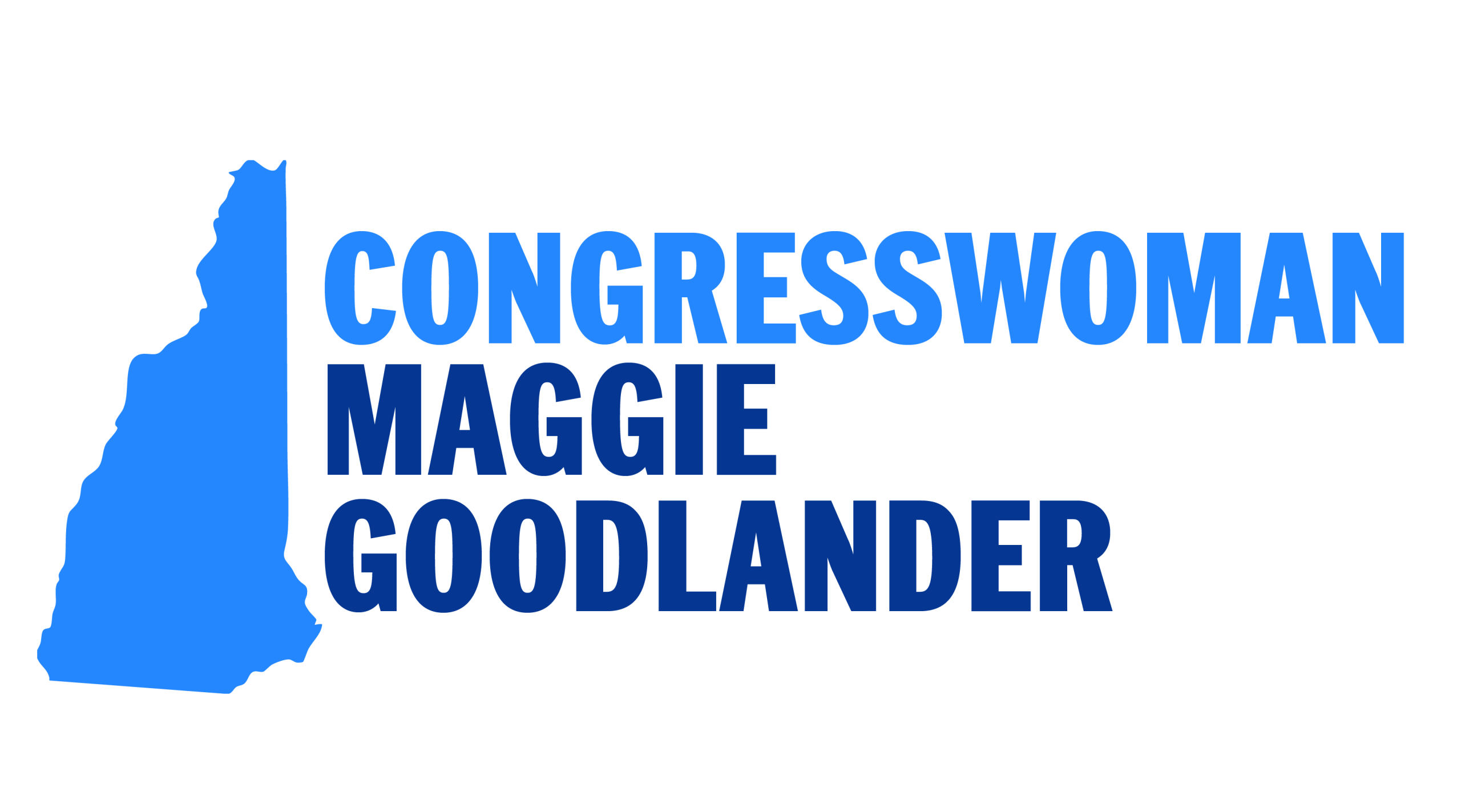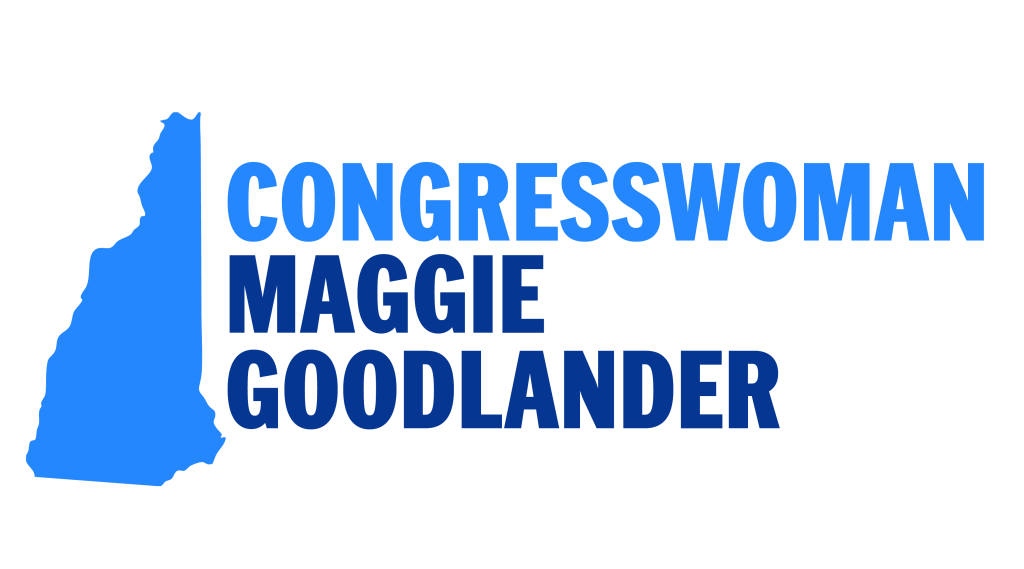Mental health, housing, community health and veterans service providers in southern New Hampshire, gathering Friday with congressional leaders, said that the federal government’s cuts to Medicaid will be profound and de-stabilizing for many Granite Staters who depend on that insurance.
It will also hurt the hospitals, clinics and health and housing agencies that serve them, officials said.
It’s too early to predict the effects of big reductions to the federal- and state-funded health insurance that covers low-income families, children, elders and the disabled, because the changes will be rolled out in stages, New Hampshire congressional delegation members said. Many details remain unknown.
“We just don’t know how it’s going to be implemented, and how it’s going to roll out in the next couple of years,” said U.S. Rep. Chris Pappas. Tax credits for premiums are set to expire, and work requirements for Medicaid recipients will begin in 2027.
U.S. Sen. Maggie Hassan, Pappas and U.S. Rep. Maggie Goodlander joined a panel discussion Friday at Harbor Care in Nashua with about 30 others, including the heads of St. Joseph Hospital, Harbor Care, Lamprey Health Care and Nashua’s public health department.
They aired growing concerns over HR1, the Reconciliation Act recently passed by Congress, known as the “Big Beautiful Bill” by President Trump and supporting Republicans. Opposing Democrats called it the “Big Brutal Bill.” It reduces federal spending on Medicaid by $1 trillion. Medicaid in New Hampshire could be cut by about $2 billion, said Tess Stack Kuenning, president and CEO of Bi-State Primary Care Association, which covers Vermont and New Hampshire.
“Our biggest concern is access to primary care when we already have a shortage,” said John Jurczyk, president of St. Joseph Hospital. Access to preventative care and surveillance of people with chronic medical conditions will also suffer, he said. “Our biggest concern is they’ll end up in the ER. That’s the worst place to deliver primary care. You’re presenting at a more advanced stage of disease. That will cost us more and be more challenging” to treat.
Jurczyk said the fallout from large Medicaid cuts will likely be “more bad debt for hospitals” whose “resources have been dwindling since the pandemic” with inflation and the cost of drugs. He said the state’s most rapidly growing population segment — people age 65 and older on Medicare — present another challenge.
Greg White, CEO of Lamprey Health Care, said his organization is looking at cost cutting. “How we do more for the same amount,” which will require greater use of technology and expanded roles for staff, he said.
Henry Och is CEO of Harbor Care, which serves 450 veterans and provides housing or housing services to about 1,000 individuals statewide, while operating federally certified community health care centers, including in Nashua, that cater to many people on Medicaid.
“We’ll continue to see them as we have,” said Och. He worries that outside referrals may be delayed or rejected. With major Medicaid reductions, he said, “We’re going to see more fragmented care and more visits to hospital emergency rooms in town.”
“We’re creating more vulnerability in the most vulnerable,” said Cynthia Whitaker, president and CEO of Greater Manchester Mental Health. The community mental health center sees patients regardless of their ability to pay — and costs have risen 150% in the past year, she said. Between 60 and 80% of the center’s clients have Medicaid insurance. “Huge cuts are going to destabilize our community mental health centers that many people rely on,” Whitaker said.
“I would not be here today if it weren’t for New Hampshire Medicaid,” said Jessica Carter, who said she is in recovery for substance use disorder and now works at Revive Recovery Resource Center, which provides peer support for people recovering from substance addiction.
The delegation described the potential ripple effect.
“There are two words people use to describe this ‘Big Beautiful Bill.’ Catastrophic and devastating,” Goodlander said.
“We’re talking about human lives and money in people’s bank accounts. A primary care visit is the most cost-effective way to get people care. Unless we’re able to reverse course, people are going to be paying the cost of this. People are older and sicker in New Hampshire and the cost of living is already sky high. Nashua’s welfare office is already over budget in August. Our towns and our community health centers are going to be paying the price for these cuts,” as demand balloons at welfare departments.
‘Deep concern’
Pappas said he is hearing “deep concern about what this means” from constituents and from hospitals and health care providers who serve large numbers of people with Medicaid health insurance.
Hospitals are often the largest employers in New Hampshire, he added. “There are not only health concerns, but employment concerns, too.”
“We have good leadership in New Hampshire and right now they’re trying to navigate what this means,” said Sandy Pelletier, CEO of Gateway Community Services, which each year serves roughly 3,000 New Hampshire children and adults with disabilities and autism and elders who need long term care. About 95% are dependent on Medicaid. She said Gateway serves about 25 children a day between the ages of 3 and 8, and roughly a third of their families are on Medicaid.
“Constituents are asking us, ‘What does this mean to me? What does this mean to my son and daughter? Am I going to lose services?’’ Pelletier said.
Sen. Hassan said premiums in private health insurance are going up and people with private health insurance will bear the costs for people who lost their Medicaid coverage. She estimated that around 46,000 Granite Staters are at risk of losing Medicaid coverage and some “wont’ be able to afford” to replace it with an Affordable Care Act plan.
“We’re pushing to reverse course and need Republicans to break ranks with the president on this,” Hassan said.
Bobbie Bagley, director of Nashua’s Department of Public Health, said Medicaid also supports the workforce that provides health care, medical and dental. She said Nashua’s welfare department is over budget because of an increase in people who need assistance and people who are homeless.
“We’re looking at another health care crisis pending across the nation and we in public health won’t have the resources to provide it,” Bagley said.















